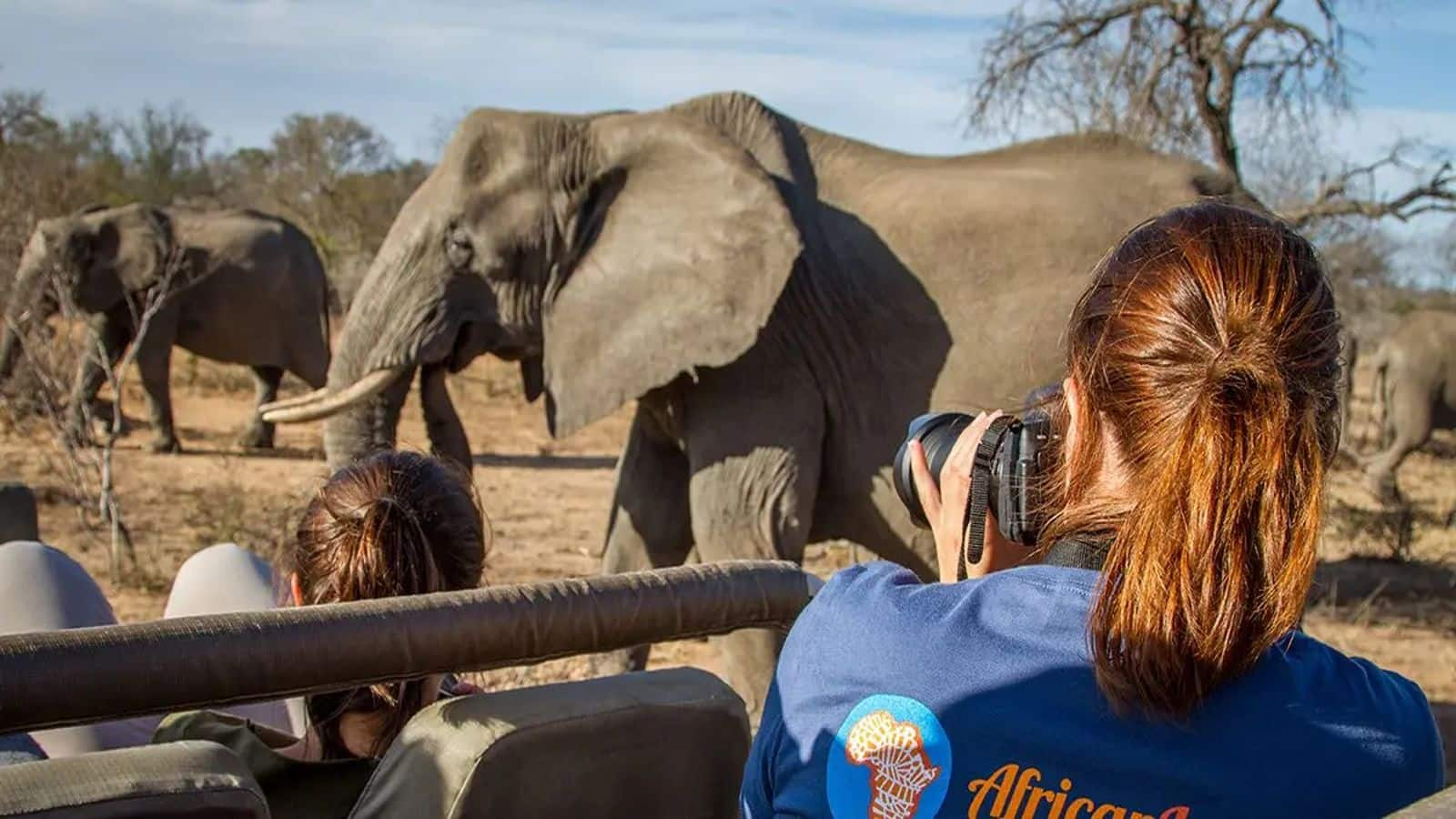
Going for a safari in Cape Town? Pack these essentials
What's the story
Cape Town, a radiant city at the southernmost point of Africa, is the perfect starting point for a variety of eco-conscious safari adventures. Here, travelers have the unique opportunity to observe the stunning array of African wildlife in their natural settings. These safaris not only offer unforgettable experiences but also emphasize the importance of preserving the intricate balance of these fragile ecosystems.
Clothing
Sustainable safari attire
Pack for your Cape Town safari with clothing made from natural fibers such as cotton or linen, which are breathable and environmentally friendly. Choose light colors that reflect the sun's heat and blend with the natural landscape. Your safari gear should be durable and comfortable, ensuring you are well-prepared for the adventure that awaits in the wild.
Gear
Eco-friendly gear must-haves
Opt for high-quality, eco-friendly gear that withstands numerous safaris. A reusable water bottle is key to stay hydrated without adding to plastic waste. Ethically produced binoculars are essential for wildlife observation. Solar-powered chargers are also vital, allowing you to use the abundant African sun to power your devices. These items are not only practical but also support environmental sustainability on your travels.
Etiquette
Responsible wildlife watching
On your safari, it's vital to watch wildlife from a safe distance and heed your guide's advice. Silent camera shutters are a must to avoid startling the animals. Never feed them or try to touch them. Your actions should be unobtrusive, preserving the animals' natural behaviors and their habitat. This respect ensures a genuine experience while safeguarding the environment you're there to enjoy.
Conservation
Supporting local conservation efforts
Opt for safari tours run by companies that are deeply involved in local conservation. This choice means you're investing in the protection of Cape Town's diverse wildlife and habitats. Additionally, when buying souvenirs, seek out those crafted by local artisans. Your purchases will aid in promoting sustainable tourism and the economic growth of the community, further supporting the region's unique cultural and natural heritage.
Mindfulness
Leave no trace behind
When visiting, it's crucial to adopt the "Leave No Trace" ethos. Carry out all trash, ensuring nothing is left behind. Dispose of waste responsibly once you're beyond the safari bounds. Always use marked trails to reduce your impact on animal homes and vegetation. Heed your tour guide's instructions about conserving the environment to maintain the area's natural beauty and wildlife.